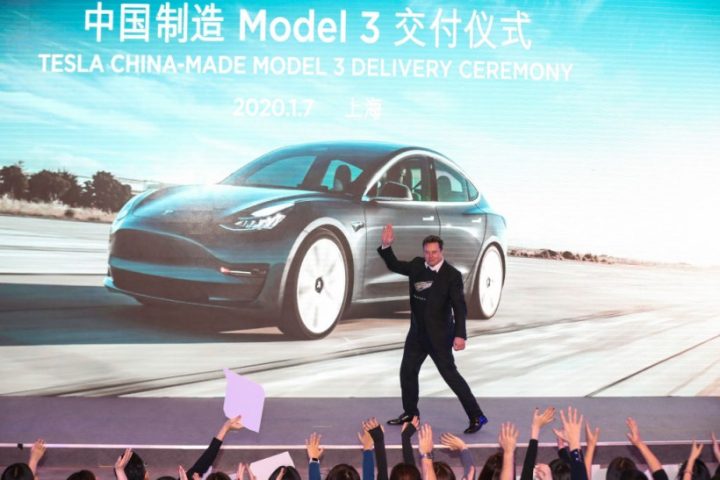Recently, competition in the electric car market has increased as large companies have entered the market. Chinese “BYD” and American “Tesla” companies stand out in this race. Chinese electric cars compete fiercely with Tesla.
BYD’s production and market entry
BYD was founded by Wang Chuanfu, a mining science graduate, as a Chinese startup focused on producing rechargeable nickel-cadmium batteries at a lower cost than Japanese companies.
Nearly three decades later, this company, headquartered in Shenzhen, has become a global leader in the electric vehicle industry. In the last quarter of last year, it reached a stage where it overtook the American giant Tesla in electric car sales.
After nearly three decades, the Shenzhen-based company has become a global leader in the electric vehicle industry. In the last quarter of last year, it reached a point where it overtook US giant Tesla in electric vehicle sales.
Fierce competition
Despite the Chinese company’s rise, Tesla managed to regain its leadership as the world’s largest electric car exporter in the first quarter of this year.
However, China’s growth rate in the field of electric vehicle production continues to pose a major threat to electric car companies, as the Chinese company offers products similar to American and European products at low prices compared to its competitors, causing chaos in its favor in the electric car market.
Tesla is laying off employees
Chinese companies, led by BYD, are booming. Tesla, on the other hand, plans to lay off 10 percent of its employees as part of attempts to reduce the company’s recently worsening operational burden.
In a memo sent to Tesla employees, the company’s CEO stated that Tesla is preparing for a new phase of competition and growth and that the company’s management should prepare for it by trying to reduce costs and increase efficiency.
China’s new competitor: Xiaomi
Just three years after entering the automobile market with a $10 billion fund, Chinese smartphone maker Xiaomi has announced its first electric car, the SU7.
The company, which completed production of its first cars earlier this month, has recorded orders for more than 100,000 prepaid reservations and more than 40,000 fully-paid sales orders.
China’s goal: Sweep the electric car market
Chinese companies producing electric vehicles are heavily supported by the Chinese government, which aims for them to become the main provider of car sales by 2035.
Former Chinese Minister of Industry and Information Technology Miao Wei said at the Automotive Forum held in China in November last year that the government aims to have a 50 percent share of the electric vehicle market by 2025 or 2026 at the latest.
Competitive prices
China is increasing its dominance in the electric car market thanks to its competitive prices and dominance of the supply chain. These advantages are affecting the sales of giant companies and causing prices to fluctuate, forcing them to lower prices to attract customers and keep up with the competition.
Pressure on Beijing to limit industrial capacity
In a bid to stem China’s rapid rise, US Treasury Secretary Janet Yellen visited Beijing earlier this month for the second time in less than nine months.
During this visit, he warned Beijing against an “artificial fall” in prices.
He also warned of the negative effects of the decline in the prices of products such as electric vehicles, lithium-ion batteries and solar panels in the US and around the world.
Days after the US Secretary of State’s visit, German Chancellor Olaf Scholz made a similar visit to Beijing, accompanied by officials from German automotive companies, and reached an agreement to minimize the negative impact of the Chinese electric car sector on German companies. Although Volkswagen, BMW and Mercedes-Benz sell around a third of their cars in China, they are struggling to keep up with the low prices of local companies.
Western companies are also competing with China in the global market and face the same challenges due to the low prices of vehicles produced by Chinese companies.





